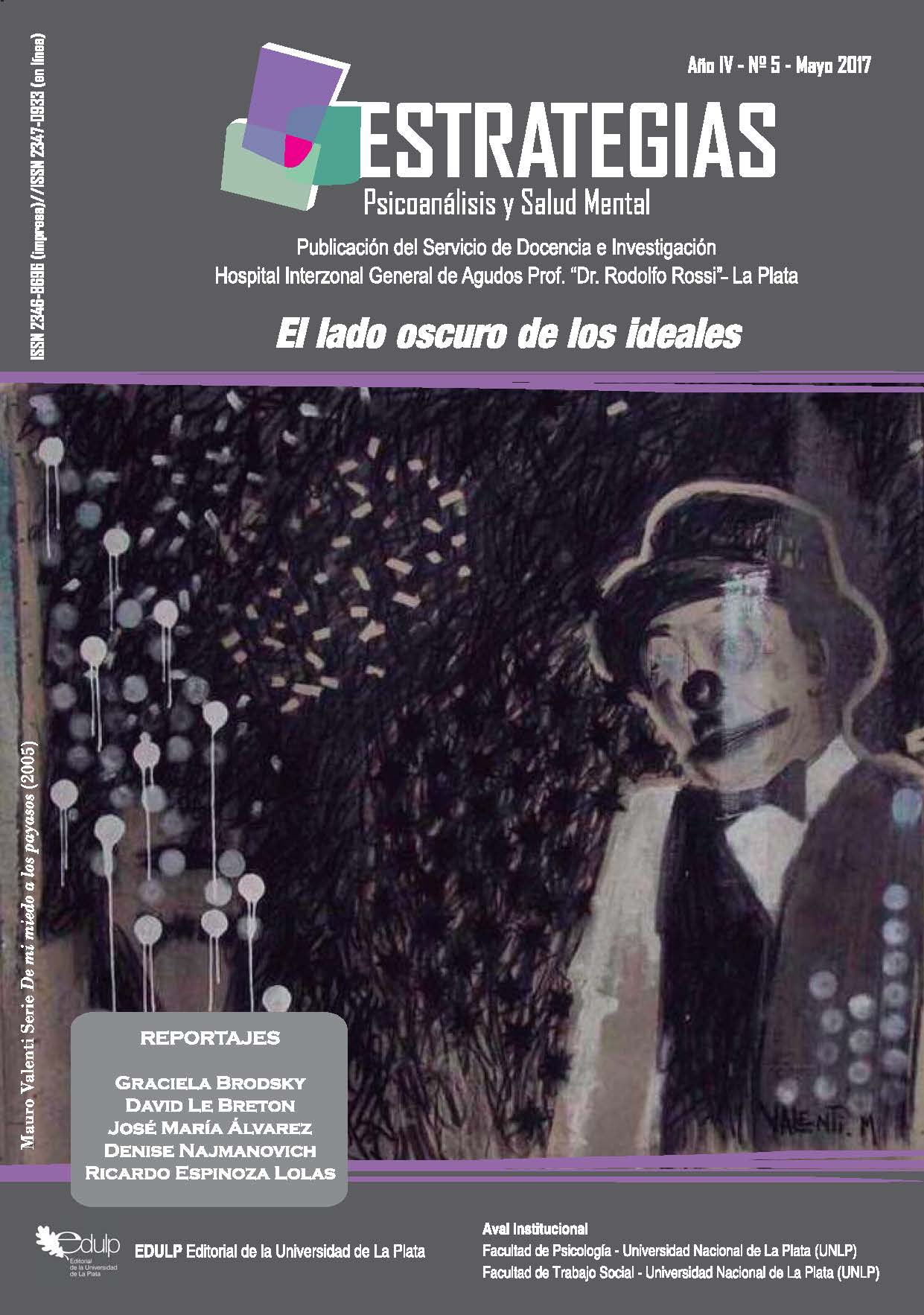The mediocre man
DOI:
https://doi.org/10.24215/23470933e001Abstract
To put life at the service of an Ideal, is the idealistic perspective proposed by José Ingenieros in his classic work of 1913 The mediocre man, where he establishes the general guidelines of a "psychology of the ideal" on which he bases his "moral sociology."
The Ideal translates a principle of the community that tends to be objectified. Linked to the imagination, its emergence is the correlate of an activity of the thought destined to anticipate the experience.
Ideals, true "hypotheses of perfection" between a knowable past and a future imaginable, even if they lack truth, are affirmed as beliefs that guide human happening, according to a desire to transform the real.
Engineers writes for a bursting world, which had lost all certainty in its course, writes against the "deceitful poetry of the past" pushed by the demand of a new Zeitgeisten in the aftermath of the Great War, 1914, and then identified with new ideals in Conflict with the ancients previous to the treaty of Versailles in 1918.
From disciplines such as psychology, criminology, and sociology - under the sign of prevailing positivism - he will build his "idealism based on experience," which results in a meritocracy as the natural basis of privilege, the reverse of which is mediocrity. Incapacity of the ideals in fulfilling its mission.
(Introductory note by Gabriela Rodriguez).

















